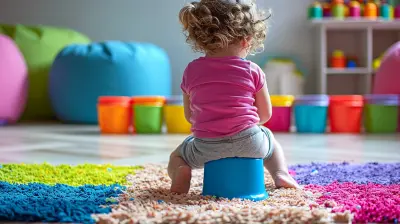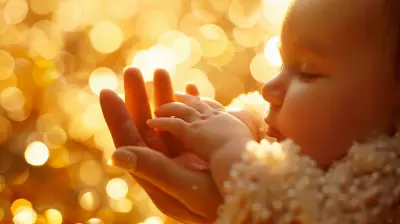How Potty Training Can Improve Your Child’s Independence
10 November 2025
Ah, potty training. Just hearing those two words can make parents everywhere either chuckle nostalgically… or break into a cold sweat. Whether you’re staring down the toilet-training tunnel with your toddler or reminiscing about the days of diaper duty, one thing’s for sure: potty training isn’t just about saying goodbye to Pampers. It’s a GIANT leap toward your child’s independence.
Yes, that tiny human running circles around your coffee table is about to take on one of life’s… messier challenges. But more than that, they're stepping into a new world of autonomy, confidence, and growth. So grab a coffee (or something stronger), and let’s dive into how potty training can transform your little one into a more independent superstar.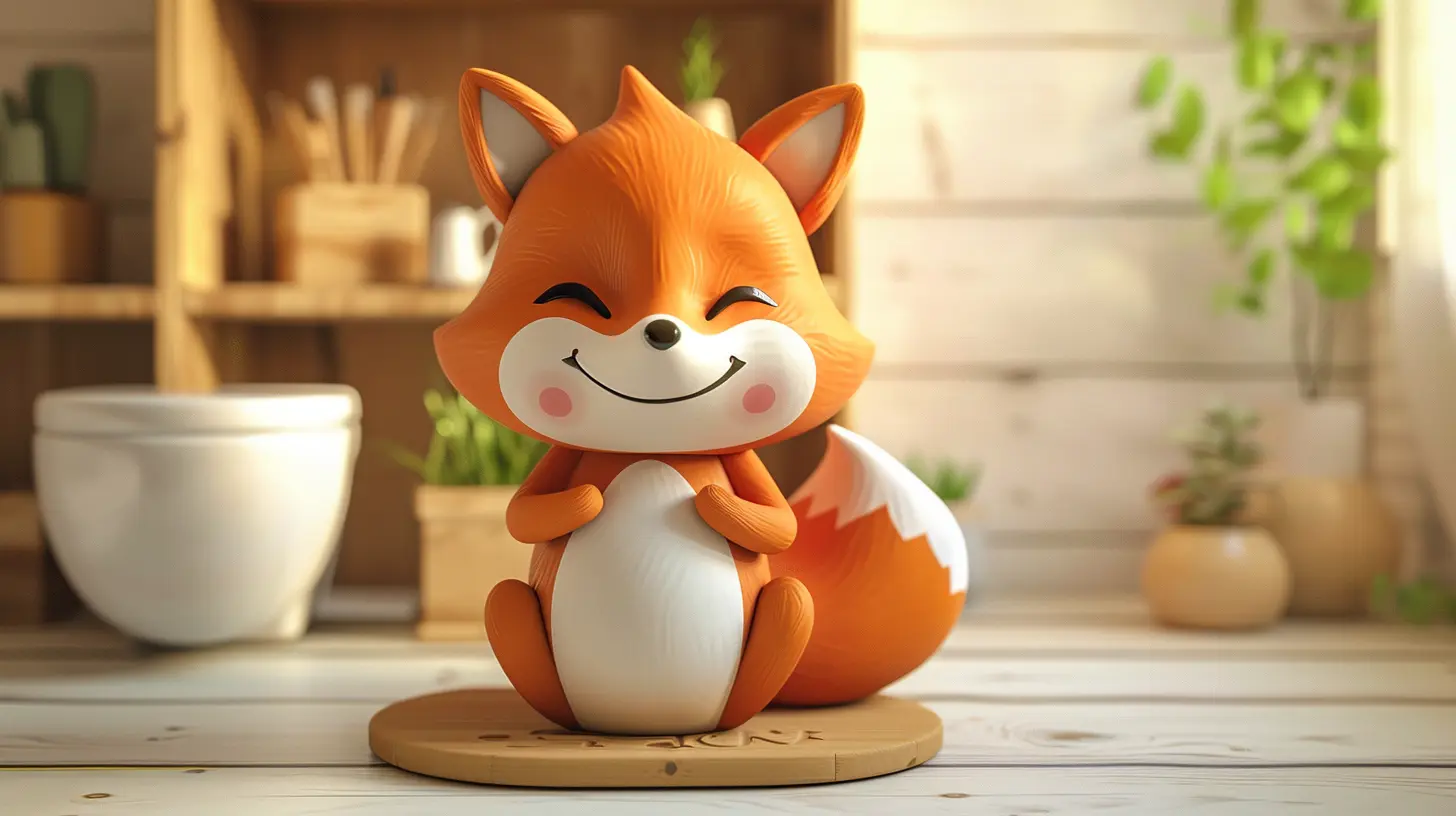
The Potty Is More Than a Seat — It’s a Throne of Empowerment 👑
Let’s be real. Toddlers are pretty much mini dictators. They boss us around with snack demands, toy preferences, and sudden wardrobe changes (let’s not forget that phase where socks were apparently the enemy).But when it comes to bodily functions? They’ve been 100% dependent on us. Diaper changes. Wipes. Creams. Diaper bag chaos. Potty training flips that dynamic.
When your child learns to go potty on their own, they’re no longer waiting for you to swoop in like the Diaper Genie Fairy. They’re taking control. And that control? It gives them a sense of accomplishment. It’s like when you finally alphabetize your spice rack — oddly satisfying and empowering.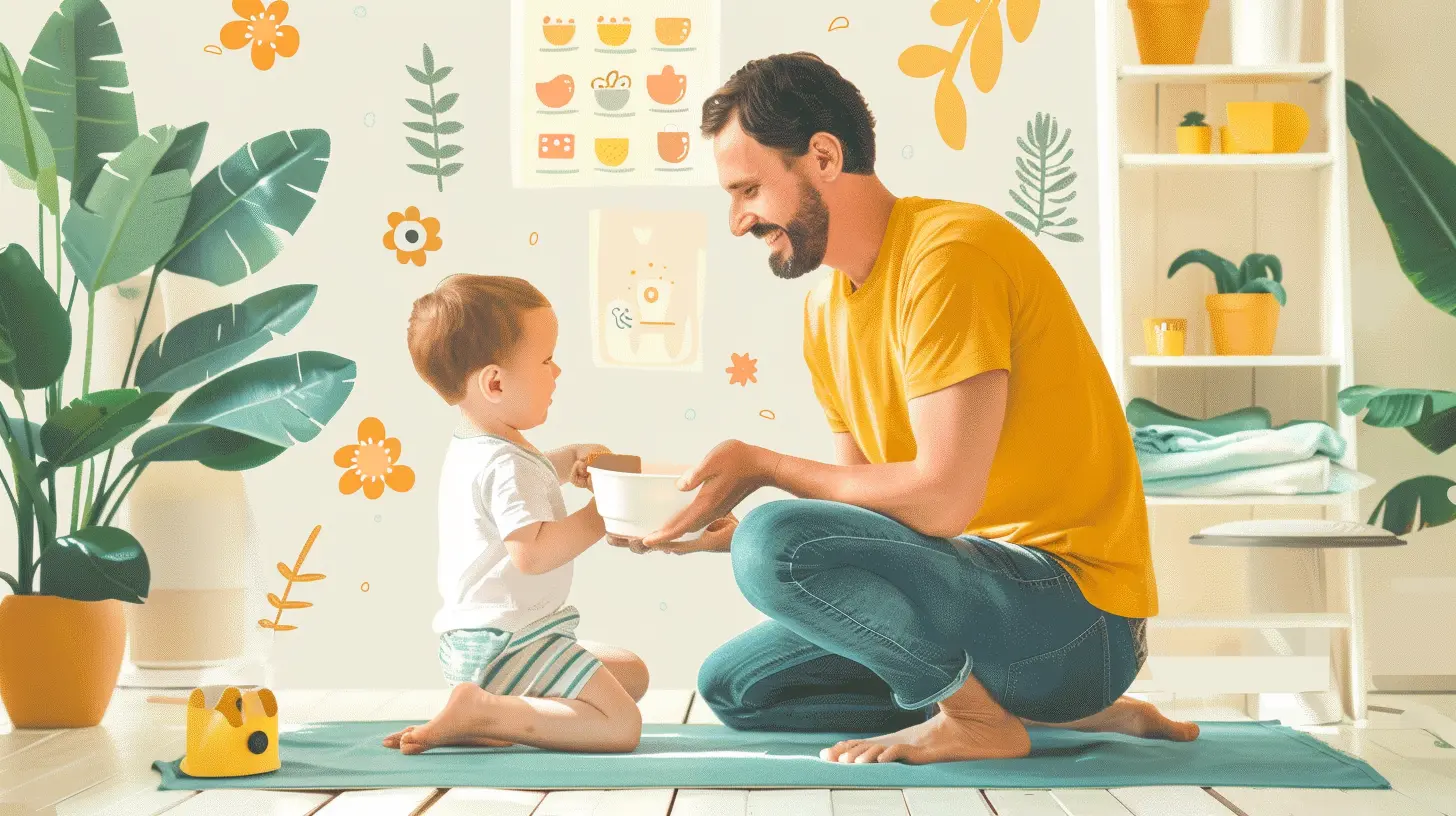
Confidence: From “Oops!” to “I Did It!” 💪
Every time your child successfully uses the potty, their confidence gets a boost. It’s kinda like leveling up in a video game — only with fewer dragons and more flushes.- That feeling of “I did it myself” rewires their little brains with positive reinforcement.
- Even accidents (and there will be plenty) teach them resilience and that mistakes are part of learning.
- They begin to trust their instincts and body cues, which is HUGE for self-awareness.
And when they realize they don't need to call you mid-Netflix binge to “wipe my bum,” well, that’s a parenting win.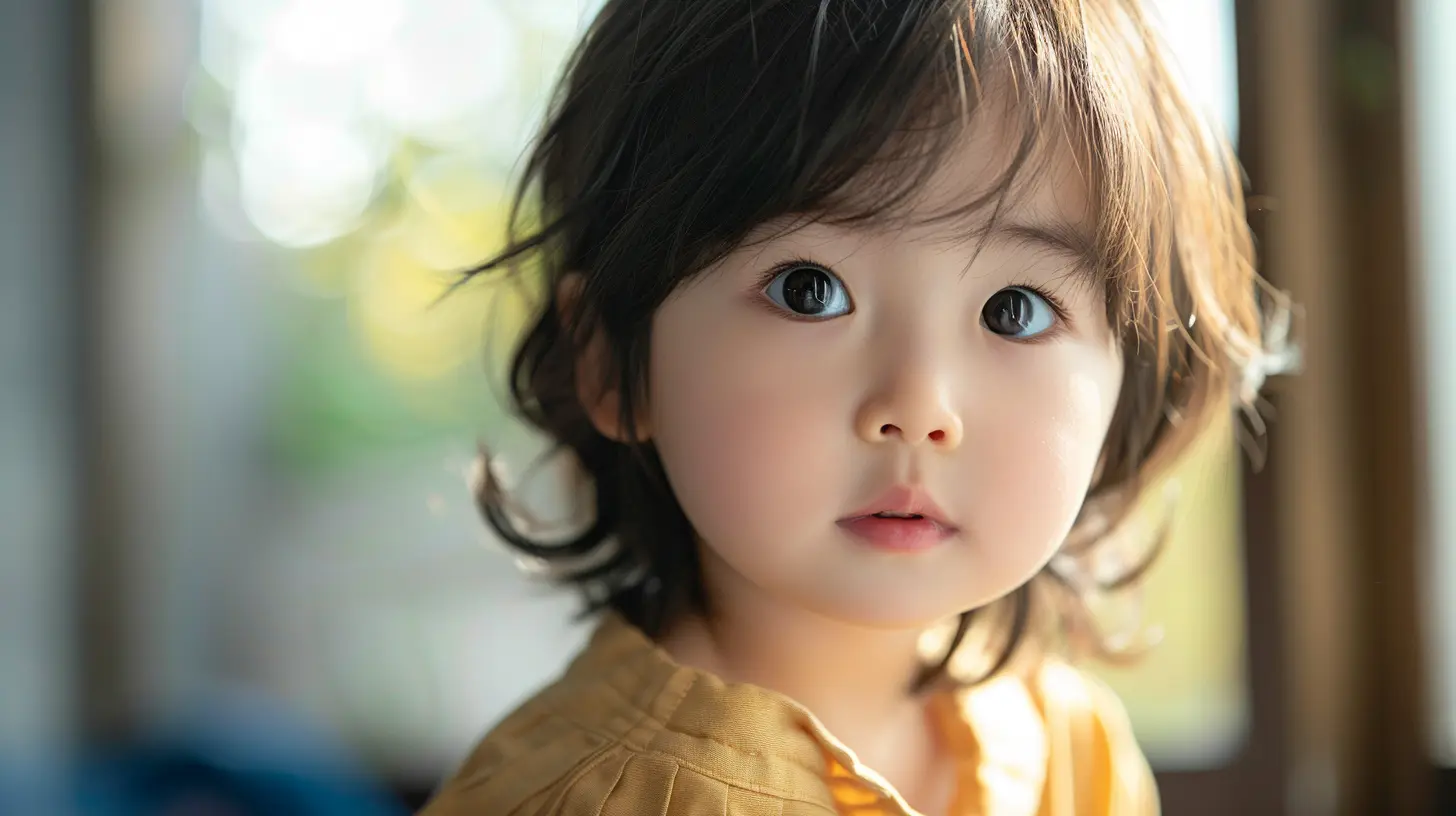
Potty Time Teaches Responsibility 🕒
The best part? It’s not just about learning where to go. It’s about taking responsibility.Think about it:
- They learn to recognize the urge to pee or poop.
- They decide to stop playing and go (harder than it sounds when you’re knee-deep in LEGOs).
- They learn hygiene habits like wiping, flushing, and washing their hands.
Each step turns into a mini life lesson. They’re managing themselves, not just reacting. That means they’re not just becoming potty-trained — they’re becoming reliable little humans. (Take that, unpaid interns!)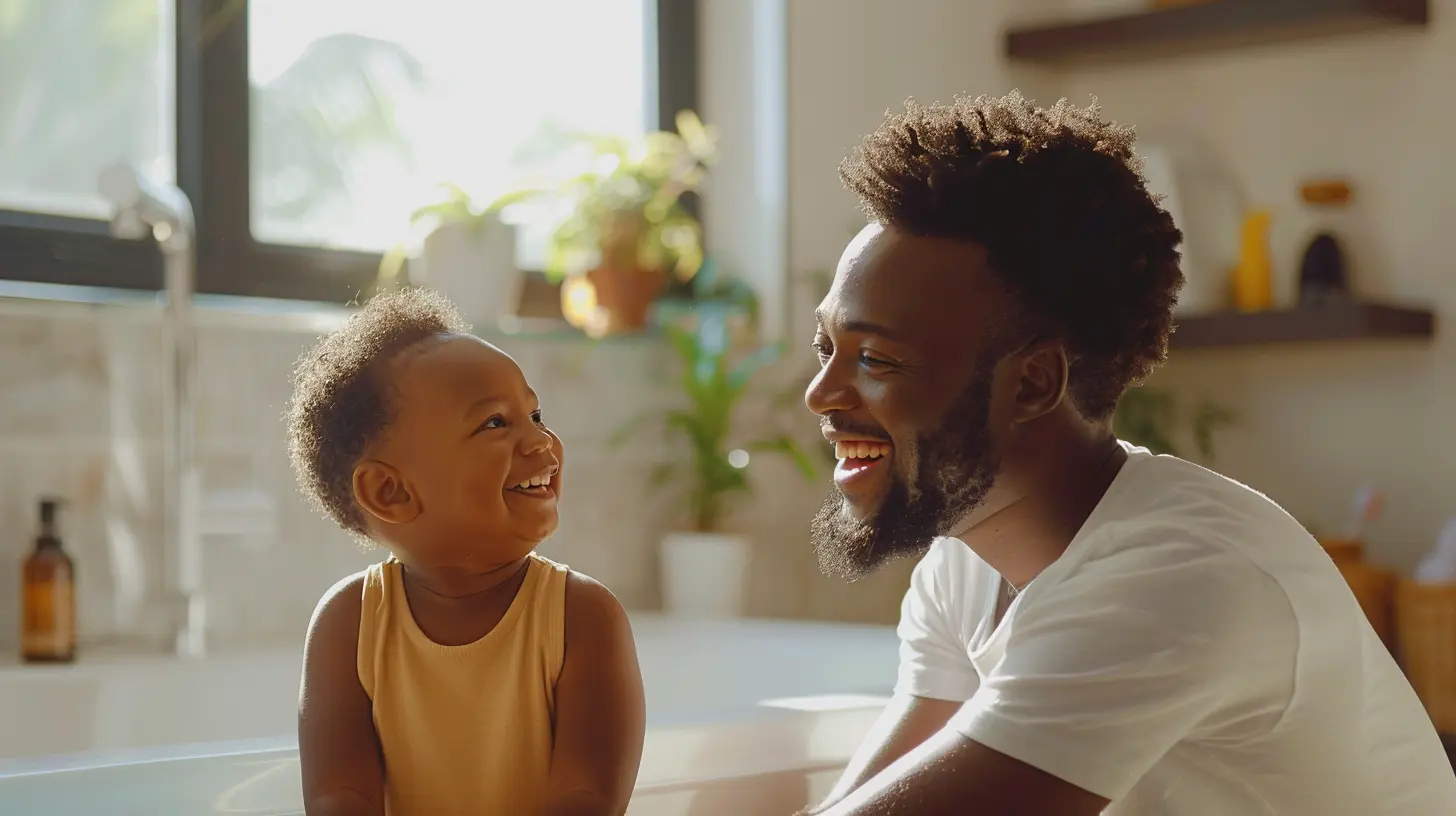
Goodbye Diapers, Hello Choices 🩲
One underrated bonus of potty training? Underwear. That’s right — big kid undies are basically the clothing equivalent of a superhero cape. Letting your little one pick out their own underwear isn’t just cute, it’s a lesson in decision-making.From Paw Patrol to dinosaurs to sparkly unicorns… this small choice in their wardrobe helps them:
- Express themselves
- Make decisions independently
- Feel pride in “looking the part” of a big kid
Trust me, the first time your toddler struts out in their favorite "Super Pooper" briefs, it’s going to be a moment. Cherish it. Snap a photo. Maybe even frame it.
Routine Building = Structure + Freedom 🧱
As adults, we thrive on routines (even if they revolve around coffee and to-do lists we never finish). The same goes for toddlers. Potty training introduces a new routine into their world, and with it comes:- Predictability (less anxiety for them)
- Structure (better time management as they grow)
- A sense of control over their day
Having a potty schedule teaches them that life has rhythms — and guess what? They can manage those rhythms themselves. Soon, they’ll understand: “After snack time, I use the potty,” or “Before bed, I have to pee.”
That kind of internal navigation sets the foundation for future independence like getting dressed alone or remembering homework. It’s Baby Steps 101.
It Encourages Communication 🗣️
Potty training can be a surprisingly chatty process. Toddlers need to:- Tell you when they need to go
- Express discomfort or pride
- Ask questions about what’s happening in their bodies (Get ready for the “WHY does poop come out?!”)
And in doing all that, they’re not just learning how to use the potty... they’re learning how to express their needs.
This newfound communication skill doesn’t just help during potty emergencies — it helps in all areas of life. From telling teachers when they need help, to talking through emotions with you, your child is becoming a confident little communicator.
Independence Isn’t Just Physical — It’s Emotional ❤️
Let’s talk feelings. Potty training is a rollercoaster, emotionally speaking. There are highs (Sticker charts! Celebratory dances!) and lows (public accidents... yikes). But here’s what’s powerful:Kids learn to handle different emotions through this messy journey:
- Frustration when they don’t make it in time
- Pride when they succeed
- Embarrassment (and how to recover from it)
- Confidence in their growing ability
This emotional range helps them develop self-regulation — the skill of managing their own feelings. They learn, “I may have had an accident, but I can try again.” That’s gold when it comes to long-term resilience.
Goodbye Helicoptering, Hello Independence! 🚁➡️🏃♀️
Potty training forces us parents to take a step back.Yes, you’ll still need to be on standby (especially in those early weeks), but over time? You let go a little. They go alone. They wipe. They flush. They wash. All. By. Themselves.
It’s the first domino in a long line of independent actions:
- Getting ready for school
- Packing their own lunch
- Solving problems solo
Letting go is hard. But when you see your kid wash their hands like a miniature grown-up, your heart will melt faster than ice cream in July.
Real-Life Stories: Potty Training Wins (and Fails) 🤦♀️🎉
Let’s sprinkle in some tales from the toilet trenches, shall we?The "Potty Party” Victory Lap
My friend threw a literal Potty Party after a full week without accidents. Streamers. Balloons. A cake shaped like a toilet (not recommended). Her child was BEAMING with pride, and honestly? That confidence carried into preschool and beyond.The Target Aisle Incident
Then there’s me — I once dropped everything in Target to sprint my toddler to the bathroom. We didn’t make it. But she remembered to tell me. That tiny act of communication? Huge step in independence. #ProudMomMomentMoral of the story? Every accident is a lesson. Every triumph is a milestone. It’s not linear, but it’s transformational.
Tips for Parents to Encourage Independence During Potty Training 🧻✨
Want to make the process smoother (and a little less tear-soaked)? Here are some tried-and-true tips:1. Let them lead the way: Every child has their own timeline. Pushing too hard = power struggles.
2. Make it fun: Use songs, books, potty charts, and rewards. Gamify it!
3. Celebrate progress: Even sitting on the toilet is a win in the early days.
4. Be consistent: Same routines, same language, same calm encouragement.
5. Let go of perfection: Accidents WILL happen. Stay chill. It's part of the process.
6. Encourage independence: Teach them to wipe, flush, and wash hands as soon as they’re able.
The Takeaway: Potty Training Is About So Much More Than Poop 💩
At first glance, potty training seems purely practical. Less diaper changing? Yes, please. But underneath the wipes and step stools lies something so much bigger: your child’s first real taste of independence.They’re learning to trust their bodies. Make decisions. Handle mistakes. Communicate effectively. And slowly but surely, they’re becoming confident, self-sufficient little humans.
So next time you’re elbow-deep in potty-training mayhem, just remember: you’re not just teaching them how to use the toilet — you’re shaping their future one flush at a time.
You got this, mama. And so do they.
all images in this post were generated using AI tools
Category:
Potty TrainingAuthor:

Maya Underwood
Discussion
rate this article
1 comments
Simone McAnally
Potty training: a fun step towards your child's independence journey!
November 11, 2025 at 4:05 AM

Maya Underwood
Absolutely! Potty training empowers children by teaching them self-reliance and responsibility, setting the foundation for greater independence in their development.

